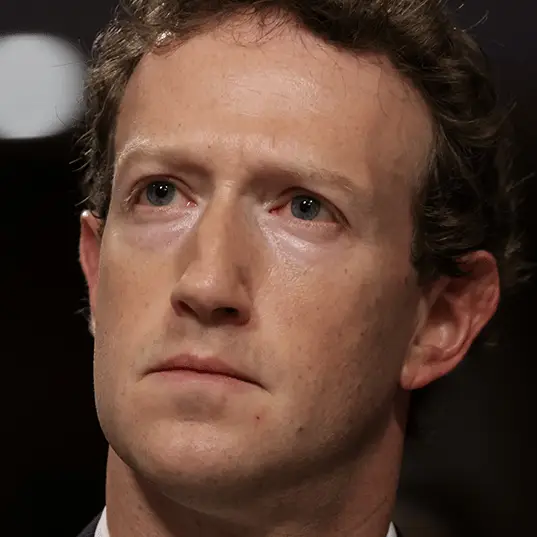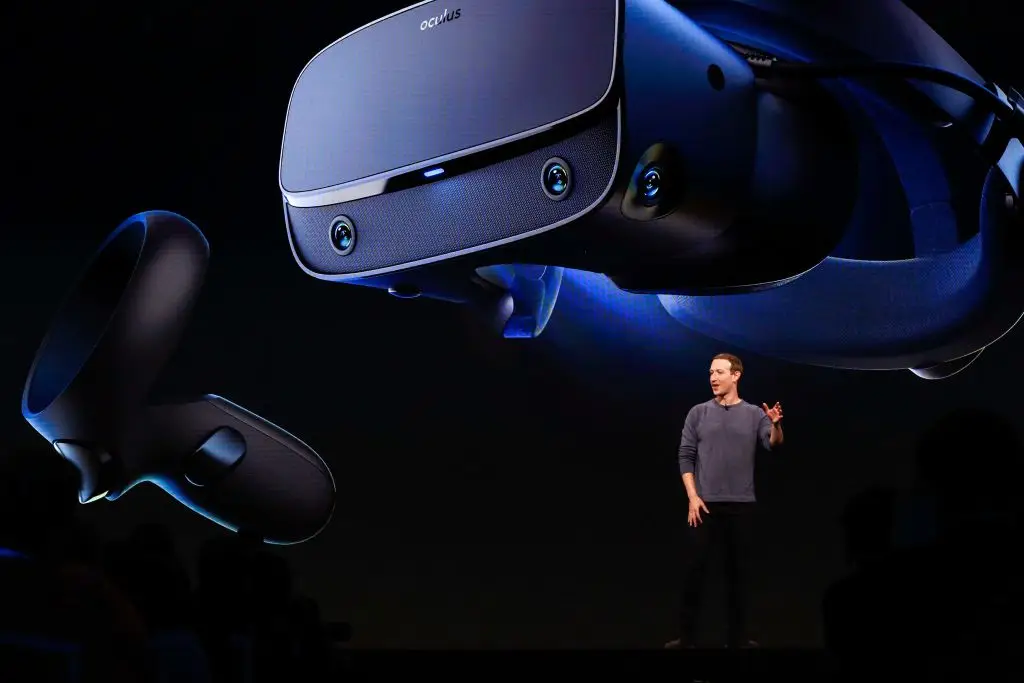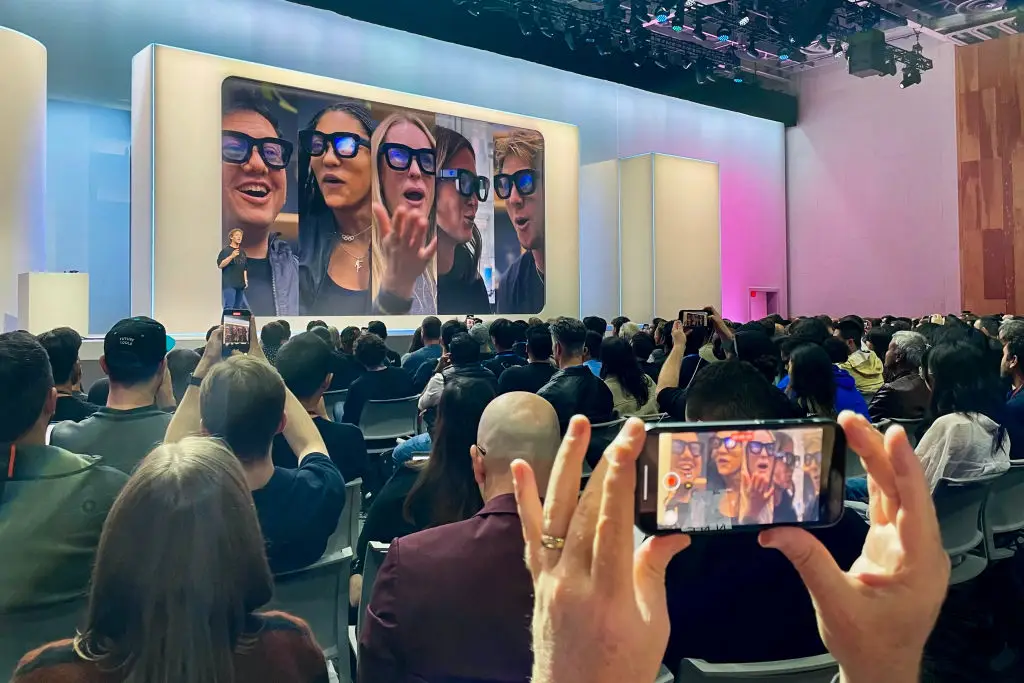
Mark Zuckerberg has expressed his commitment to one particular type of tech despite a relative lack of growth and company losses of $60,000,000,000 across just five years, but it could all end up working out in the end if predictions play out correctly.
Virtual reality has been one of tech's hottest topics for nearly two decades now, and while for a large part of its lifespan it has remained within the confines of gaming, recent years have shown its potential to expand into wider life.
Meta's $2,000,000,000 acquisition of Oculus VR in 2014 seemed like a bold move to many at the time, but the years since have shown that it was just the start of many big tech moves into the space, with names like Apple, Google, and more staking their own claim.
While there remains a lot of optimism, and yearly projections indicate that there is a bright future ahead for VR, strong investment from Meta and Zuckerberg is yet to see any real wins and has lost them around $60,000,000,000 in the past five years alone - 30 times what they initially paid for Oculus over a decade ago.
Advert

As reported by MSN, consumer demand isn't yet coming close to the investment in virtual reality technology despite continual pushes into 'real world' use with augmented realty advancements.
Significant to the disparity between predictions and actual performance is the overestimation of the metaverse, which Mark Zuckerberg and Meta put significant weight behind following the COVID-19 pandemic.
Reports suggest that the company has lost around $49 billion from investments into the digital world, with projections that people would go to work, shop, and even live in the metaverse not exactly playing out as planned.
Yet Zuckerberg isn't giving up yet, and remains undeterred by the significant losses suffered so far. He has made it clear that he expects to see continued losses in this field, yet he is committed to what many see as a money sink at this point in time.
What likely keeps his focus locked however is the opportunity to be the market leader in a potential new global technology. He believes VR to be the next smartphone that you will either use alongside or even instead of your iPhone, Google Pixel, or Samsung device, and that would certainly be a powerful position to be in.

If this does work out then it would certainly make up for all of the losses incurred so far, and additional projects like the Bart Simpson-esque Orion glasses - which take advantage of quickly advancing AI technology too - could be the bridge for many consumers.
It still remains a challenging proposition to have many strap a computer to their face for multiple hours a day though, and Apple's seeming failure to break the market with the $3,500 Vision Pro doesn't exactly give confidence that the world is ready for VR quite yet.
